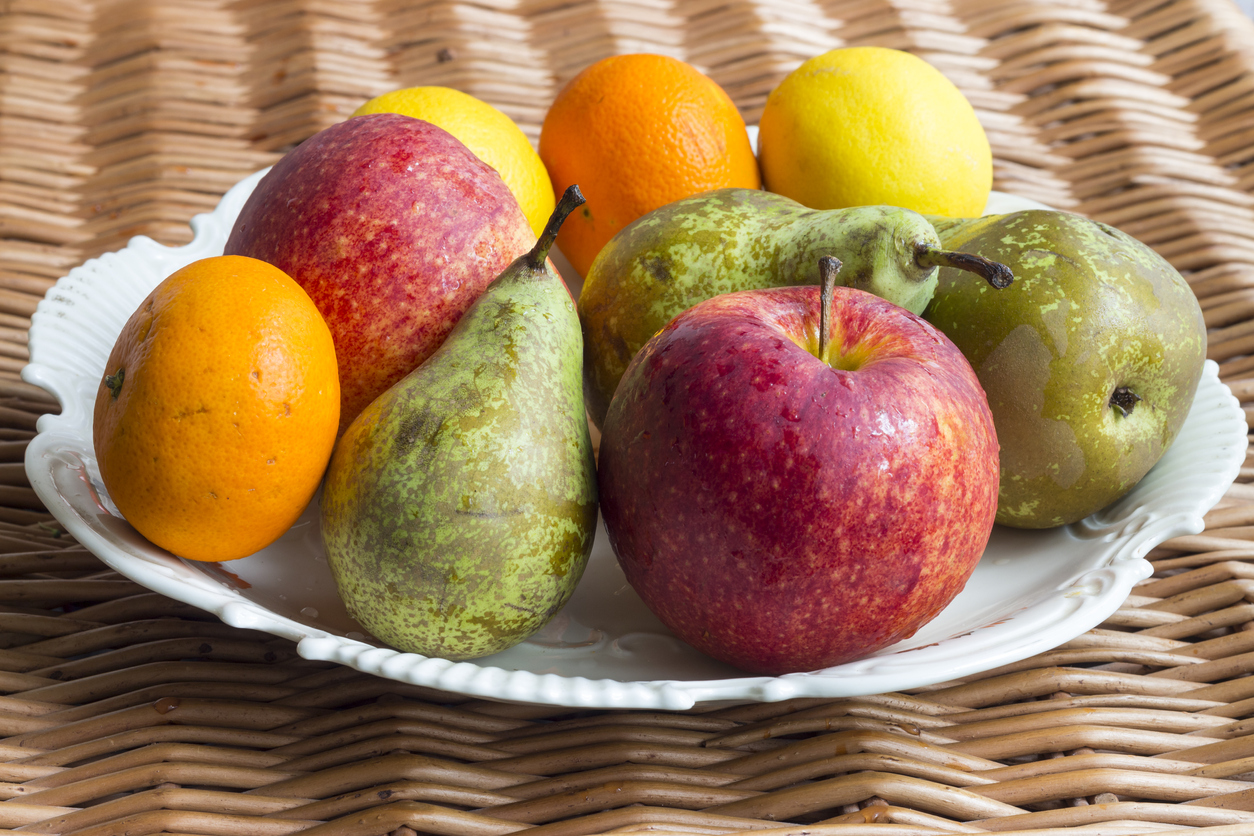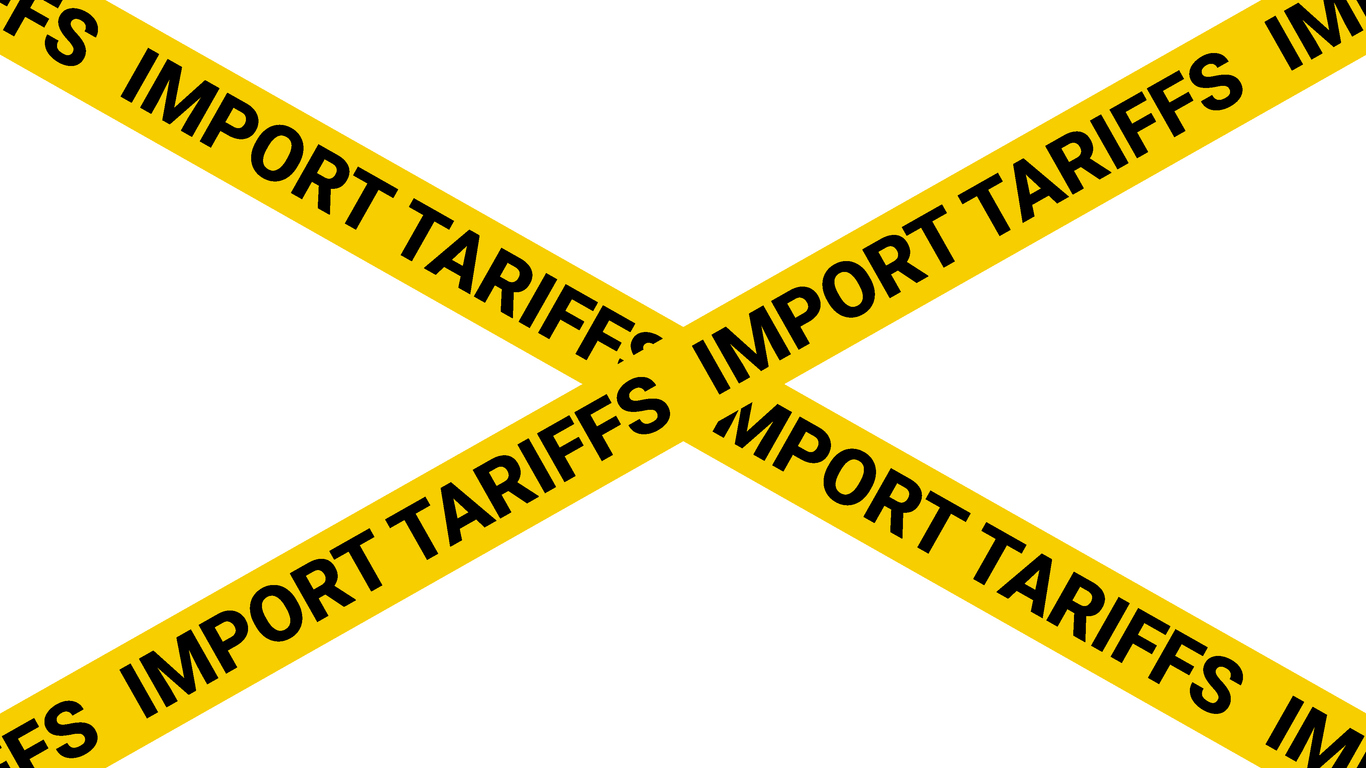How to Buy and Export Pitted Fruits from South Africa
How to Buy and Export Pitted Fruits from South Africa
Pitted fruits are an important segment for the South African horticulture industry. They can be a niche product where the local market is not big enough to support the volume required, or they can be part of a broader range of products offered to a larger market. Our love for pithy fruits is growing all over the world, and Africa is no exception. Worldwide demand for pome fruit, stone fruit and other types of small-seeded fruit has increased significantly in recent years. South Africa is one of the top producers of these crops on the African continent with approximately 700 growers and around 200 hectares (HA) under commercial production. Pitted fruits are common in most markets and consumers prefer them over non-pitted versions because they’re easier to eat and keep clean during eating. Read more
Why are pitting requirements so important?
Most fruits are fresh-market produce that’s consumed within a few days or weeks of harvesting. So preserving the quality of the produce after picking is critical for successful marketing. Pitting, however, is a post-harvest operation that is done to improve the convenience of the fruits for the end user. The demand for pitted fruits is driven by several factors, including: – Convenience for the end user (no pitting required) – Easier storage (no need to rotate) – Lower labour costs for the grower and packer – Better overall product aesthetics (no pith on the surface) – Ability to be packed whole and placed in trays inside a controlled atmosphere – Implementation of food safety practices
Why is South Africa the ideal place to export pitting fruits?
South Africa has a long history of exporting pitting fruits and has built up a strong infrastructure and highly skilled labour force to support this export industry. The country exports approximately 2 400 tonnes per year of pitting fruits, with India being the top importer of these products. The country’s location on the southern tip of Africa and the temperate climate of the Western Cape Province, make it well positioned to provide pitting fruits for the African market as well as for European and North American markets.
Export Process for Pitted Fruits from South Africa
The export process for pitting fruits from South Africa begins with the harvest of the fresh produce that is then delivered to packing houses. The fruits are then manually pitted, packed and stored in controlled chambers until they are shipped to the importer. The following are key steps and considerations for the pitting process: Harvest – Fruits should be harvested when the skin colour changes from green to a yellowish-green which is a visual indication that the fruit is fully mature. Packing – Packaging should be done in a clean environment in order to avoid any contamination. Containers – Pitted fruits can either be packaged in conventional boxes or in trays that can be stacked and stored inside a controlled atmosphere.
stone fruit: Apricots, Peaches and Nectarines
Apricots, peaches and nectarines are prized for their bright orange colour and sweetness. The pitting process removes the stone from the fruit, and may also involve cleaning or sectioning the fruits. The types of apricots, peaches and nectarines grown in South Africa are very similar to those grown in California. And, like California, South Africa’s stone fruit industry is concentrated in the summer during the winter growing season. This makes it an ideal source of stone fruit during the winter months.
Pome fruit: Apples, Pears and Berries
Apples, pears and berries are either manually or mechanically pitted. Manual pitting is done by hand-scraping the seeds and pulp out of the fruit. Mechanical pitting uses a machine to remove the flesh and seeds from the fruit.
Conclusion
The pitting process is important to increase the ease of eating for consumers, so it’s important for pitting fruits to be done well. For the pitting process to be done well, it has to be done at the appropriate time and using the correct equipment. The best time to export pitting fruits from South Africa is during the summer months, when local consumption is low. This will ensure that the product arrives at the importer with the appropriate shelf life. Find out more about the market potential for pitting fruits and the pitting process by contacting your local grower organisations and exporters.








LEAVE A COMMENT
You must be logged in to post a comment.